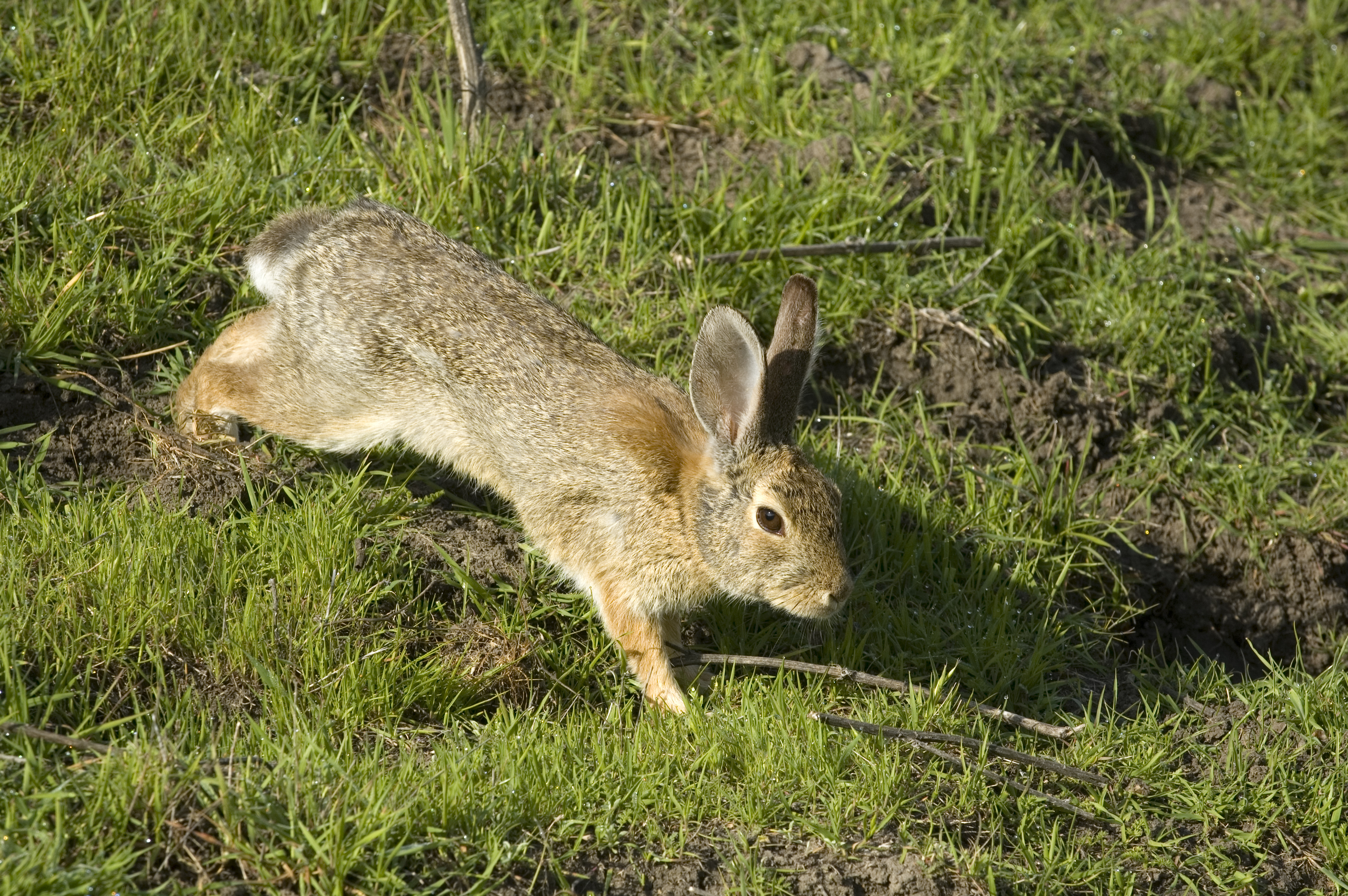In 2016, rabbit numbers dropped considerably across much of the South-West of WA due to a naturally mutated strain of calici-virus that hit the area.
Initially this sounds like great news. Fewer rabbit numbers means reduced crop losses, less infrastructure damage, and less competition for native species when accessing available food sources. And presumably, less rabbits means less food for feral foxes and cats, which in turn keeps their population numbers down.
However in January this year, an ABC report highlighted the concern of many regional landholders – that the low rabbit populations will instead cause foxes to target lambs more heavily this autumn.
Also of concern is the impact foxes and cats are currently having on native species, as their main food source (rabbits) has become quite rare. Native species likely to be impacted include small mammals, reptiles, amphibians and birds.
Many landholders have recently begun to notice rabbit numbers slowly increasing again, meaning now is the time to act.
This summer/autumn are an important time to actively manage your feral animal populations to ensure foxes and cats aren’t targeting your lambs and to help protect native species.
What you can do now:
- Destroy rabbit warrens on your property to reduce the speed at which rabbits can recolonise.
- Bait rabbits while green feed is still minimal.
- Fumigate rabbits with phostoxin.
- Move old machinery and other structures so rabbits can’t shelter in them (where possible).
- Bait for foxes now, while there is less food available and they are more likely to take baits due to hunger.
- Run regular shooting routines across your property to manage feral rabbits, foxes and cats.
- Cage trap regularly for feral cats and foxes.
- Contact Wheatbelt NRM for funding to control feral animals on your property.
- Get involved in the Red Card for Rabbits and Foxes shoots. https://www.redcard.org.au/
In March 2017, a new strain of calici-virus will also be released in several locations across WA, to help manage rabbit numbers in some areas. Stay tuned for more details.


